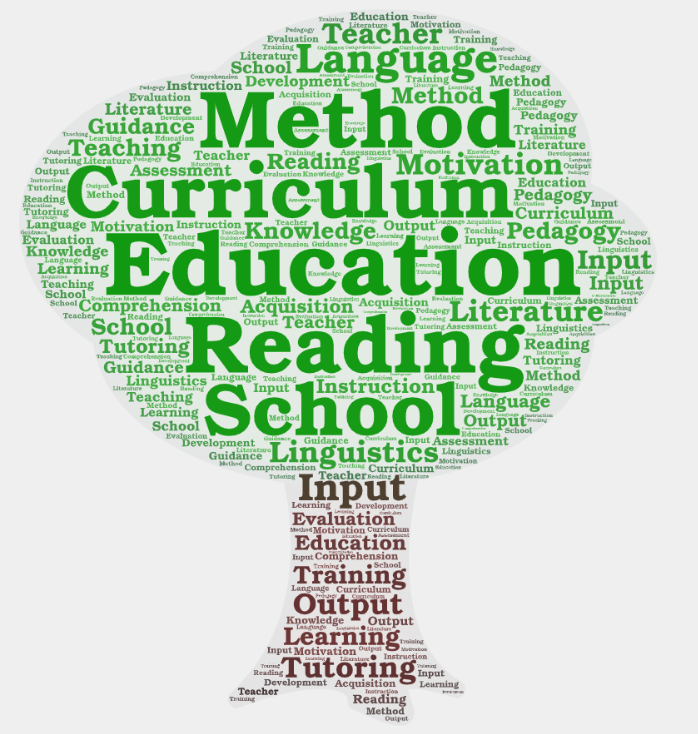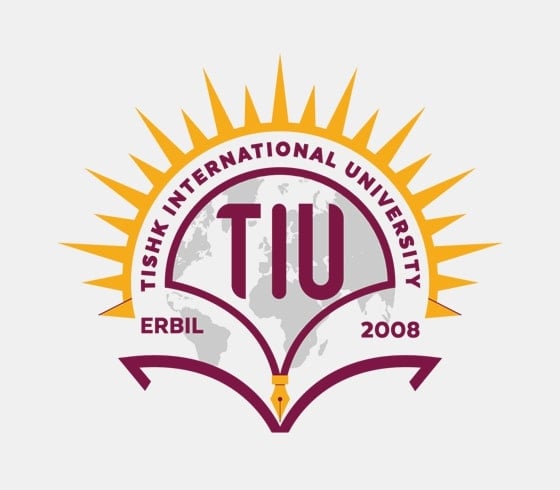volume 7 issue 4 article 8
Medical Students’ Attitudes towards and Beliefs about Dyslexia: A Single-Centre Survey Study
Laura R. Hennessy1 & Sebastian C. K. Shaw2 & John L. Anderson3
1Weston General Hospital, University Hospitals Bristol and Weston NHS Trust, Weston-Super-Mare, UK
2Department of Medical Education, Brighton and Sussex Medical School, Brighton, East Sussex, UK
3Department of Medical Education, Brighton and Sussex Medical School, Brighton, East Sussex, UK
Abstract: Dyslexia impacts upon reading and writing, but not upon intelligence. Little research has explored dyslexia in medicine. An online questionnaire was emailed to all medical students within a single medical school, inviting them to participate. Results were analysed using descriptive statistics. Statistical significance was calculated for any differences between gender, age group, or year-group cohorts. 123 individuals responded. Most reported a good understanding of dyslexia, and feelings that their peers with it should be supported. However, a minority reported feelings of jealously, and dissatisfaction – feeling that students with dyslexia should not be supported, as this gives them an unfair advantage. In some, this seemed to stem from a belief that dyslexia were not real, or that their peers were “faking it”.
“I think it is a poor excuse for students to be favoured advantageously and receive tremendous benefits. It is certainly not a medical problem.”
Keywords: Dyslexia, Medical students, Medical school, Medical education, Mixed methods, Survey, Cross-sectional
References:
Anderson, J. L., & Shaw, S. C. K. (2020). The experiences of medical students and junior doctors with dyslexia: a survey study. International Journal of Social Sciences and Educational Studies, 7(1), 62-71. doi: 10.23918/ijsses. v7i1p62
British Dyslexia Association (2019). Definition of dyslexia. Retrieved from URL: https://bdadyslexia.org.uk/news/definition-of-dyslexia [cited 2020 May 20].
British Medical Association (2020). Widening participation in medicine. Retrieved from: https://bma.org.uk/advice-and-support/studying-medicine/becoming-a-doctor/widening-participation-in-medicine [cited 2020 May 20]
Crouch, A. T. (2019). Perceptions of the possible impact of dyslexia on nursing and midwifery students and of the coping strategies they develop and/or use to help them cope in clinical practice. Nurse Education in Practice, 35, 90-7. doi: 10.1016/J.nepr.2018.12.008
Dyslexia International (n.d.). The problem. Retrieved from URL: https://dyslexia-international.org/the-problem/ [cited 2017 Jan 21]
Field, A. (2009). Discovering statistics using SPSS (3rd ed). London: SAGE Publications Ltd.
General Medical Council (2019). The state of medical education and practice in the UK. Retrieved from URL: https://gmc-uk.org/about/what-we-do-and-why/data-and-research/the-state-of-medical-education-and-practice-in-the-uk [cited 2020 May 20]
Gibson, S., & Leinster, S. (2011). How do students with dyslexia perform in extended matching questions, short answer questions and observed structured clinical examinations? Advances in Health Sciences Education, 16(3), 395-404. doi:10.1007/s10459-011-9273-8
Great Britain. (2010). Equality Act 2010. London: The Stationary Office. Retrieved from https://legislation.gov.uk/ukpga/2010/15/pdfs/ukpga_20100015_en.pdf
IBM Support (N.d.). Mantel-Haenszel test for trend available in crosstabs. Retrieved from URL: https://ibm.com/support/pages/node/418705 [cited 2020 May 20]
Machin, D., Campbell, M., & Walters, S. (2007). Medical statistics: A textbook for the health sciences (4th ed). Chichester: John Wiley & Sons Ltd.
Major, R., & Tetley, J. (2019a). Recognising, managing and supporting dyslexia beyond registration. The lives experiences of qualified nurses and nurse academics. Nurse Education in Practice, 37, 146-52. doi: 10.1016/j.nepr.2019.01.005
Major, R., & Tetley, J. (2019b). Effects of dyslexia on registered nurses in practice. Nurse Education in Practice, 35, 7-13. doi: 10.1016/j.nepr.2018.12.012
McKendree, J., & Snowling, M. J. (2011). Examination results of medical students with dyslexia. Medical Education, 45(2), 176-182. doi:10.1111/j.1365-2923.2010. 03802.x
Morris, D., & Turnbull, P. (2006). Clinical experiences of students with dyslexia. Journal of Advanced Nursing, 54(2), 238-47 doi: 10.1111/j.1365-2648.2006. 03806.x
Ricketts, C., Brice, J., & Coombes, L. (2010). Are multiple choice tests fair to medical students with specific learning disabilities? Advances in Health Sciences Education, 15(2), 265-275. doi:10.1007/s10459-009-9197-8
Ridley, C. (2011). The experiences of nursing students with dyslexia. Nursing Standard, 25(24), 35-42.
Rose, J. (2009). Identifying and teaching children and young people with dyslexia and literacy difficulties. Retrieved from URL: https://dera.ioe.ac.uk/14790/7/00659-2009DOM-EN_Redacted.pdf [cited 2020 May 20].
Shaw, S. C. K., & Anderson, J. L. (2017). Doctors with dyslexia: A world of stigma, stonewalling and silence, still? MedEdPublish, 6(1), 29.
Shaw, S. C. K., & Anderson, J. L. (2018). The experiences of medical students with dyslexia: An interpretive phenomenological study. Dyslexia, 24(3), 220-233.
Shaw, S. C. K., Anderson, J. L., & Grant, A. J. (2016). Studying medicine with dyslexia: A collaborative autoethnography. The Qualitative Report, 21(11), 2036-2054.
Shaw, S. C. K., Malik, M., & Anderson, J. L. (2017). The exam performance of medical students with dyslexia: A review of the literature. MedEdPublish, 6(3).
Siegel, L. S. (2006). Perspectives on dyslexia. Paediatrics & Child Health, 11(9), 581-587.
Singh, S. (2018). Medical Council of India’s new guidelines on admission of persons with specified disabilities: Unfair, discriminatory, and unlawful. Indian Journal of Medical Ethics, 4(1), 29-34. doi: 10.20529/IJME.2018.064
Walker, E. R., & Shaw, S. C. K. (2018). Specific learning difficulties in healthcare education: The meaning in the nomenclature. Nurse Education in Practice, 32, 97-98.
International Journal of Social Sciences & Educational Studies
ISSN 2520-0968 (Online), ISSN 2409-1294 (Print), December 2020, Vol.7, No.4
Journal Metrics
Keywords


Contact Info
Fakhir Mergasory School, Erbil, KRG, IRAQ
Email: [email protected]
